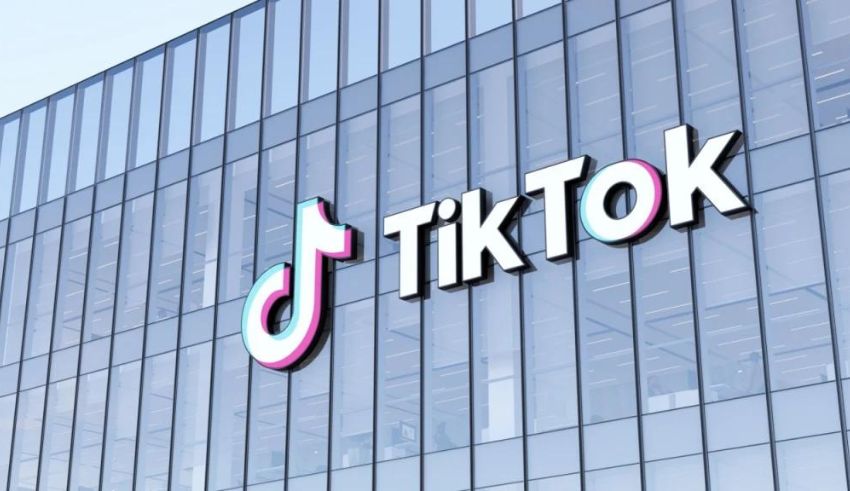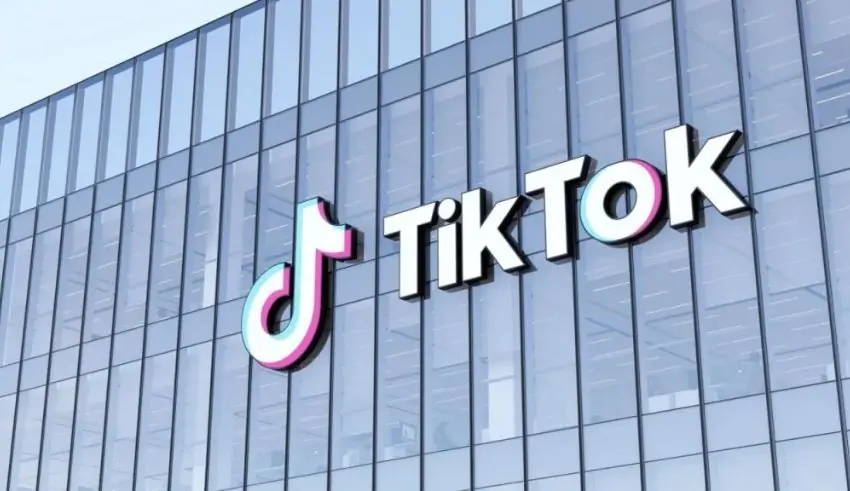

(C) Tech in Asia
In the sprawling universe of social media, TikTok has emerged as an unexpected battlefield, where lines between fact and fiction blur against the backdrop of the Israel-Hamas conflict. As Southeast Asia becomes an unwitting theater for misleading content, our collective concerns grow as misinformation takes center stage.
Southeast Asia’s vibrant mosaic of cultures has unexpectedly been swept up in a rising tide of deceptive TikTok videos. These videos, seemingly innocent, entwine genuine clips from past conflicts with deceptive captions, casting a shadow of uncertainty over the information we consume.
Driven by empathy and a sincere desire to support the Palestinian cause, users, particularly those from the Muslim-majority demographic, often neglect a critical step in the digital age: verification. While the intention may be noble, the consequences are potentially devastating. Emotionally charged sentiments rise, posing a risk of conflicts among the region’s diverse religious groups.
The surge of misleading content is an issue that transcends borders and platforms. While users intend to create awareness and elicit empathy, the lack of fact-checking becomes a harbinger of conflict, particularly among varied religious communities.
The plight of the Palestinians strikes a deep chord with the substantial Muslim population of Southeast Asia. In an effort to rally support, many inadvertently blur the boundary between genuine and misleading content. Intentions might be pure, but they are fraught with risks.
In the immediate aftermath of the recent Hamas attack, more than 40,000 fake profiles suddenly entered the digital fray. Platforms like TikTok, Facebook, and Instagram bore the brunt. The content generated by these profiles left a footprint, garnering hundreds of thousands of engagements and potentially reaching hundreds of millions of profiles in just two days.
Misinformation isn’t solely TikTok’s burden. Rather, it’s a microcosm of the wider information landscape. However, TikTok stands out due to its growing role as a news source in Southeast Asia, particularly for the younger generation. The platform’s unique appeal among young demographics is shifting the tides of news consumption, presenting both opportunities and pitfalls.
Despite rigorous efforts to combat the tide of misinformation, significant challenges persist. The platform’s algorithms, designed to maximize engagement, sometimes inadvertently fuel polarization. Allegations of “shadowbanning,” a controversial content censorship practice, raise questions about the bounds of expression.
As the misinformation battle unfolds on TikTok, Southeast Asian governments and the platform itself grapple with striking a balance between truth and the freedom to express opinions. The risks are palpable. Misinformation has the potential to stoke tensions, provoke real-world conflicts, and cultivate dangerous misunderstandings about a multifaceted geopolitical issue.
Unmasking the origins of this misinformation remains a conundrum. Is it organic or state-sponsored subversion?
As Southeast Asian users continue to interact with TikTok content on the Israel-Hamas conflict, the worry is that misinformation could leap from the digital realm into the world, fanning the flames of real-world tensions, divisive actions, and, in the most dire scenarios, real-world violence.
As the battle against misinformation intensifies, the importance of media literacy, fact-checking, and responsible social media use becomes increasingly critical.
The lessons are evident: in the digital age, where information travels at the speed of a click, verifying before sharing is our most potent weapon.
The six attacks by ship sailing in the Singapore strait in five days this month has activated a spate increase…
A great relief for the global nations and the people of both the countries Indian & Pakistan as the massive…
The 2025 spy thriller ‘The Secret Path’ has captured international attention from the day of its premiere in April. This…
K-Pop has been a sensation in both the music and other entertainment industries across the world. Through their vibrant mix…
There are many genres in the web series of South Korean language, but the ‘psychological crime thriller’ will always have…
It was a moderate magnitude 5.6 earthquake that hit the Banda Sea, in eastern Indonesia on May 10, 2025 in…
This website uses cookies.
Read More